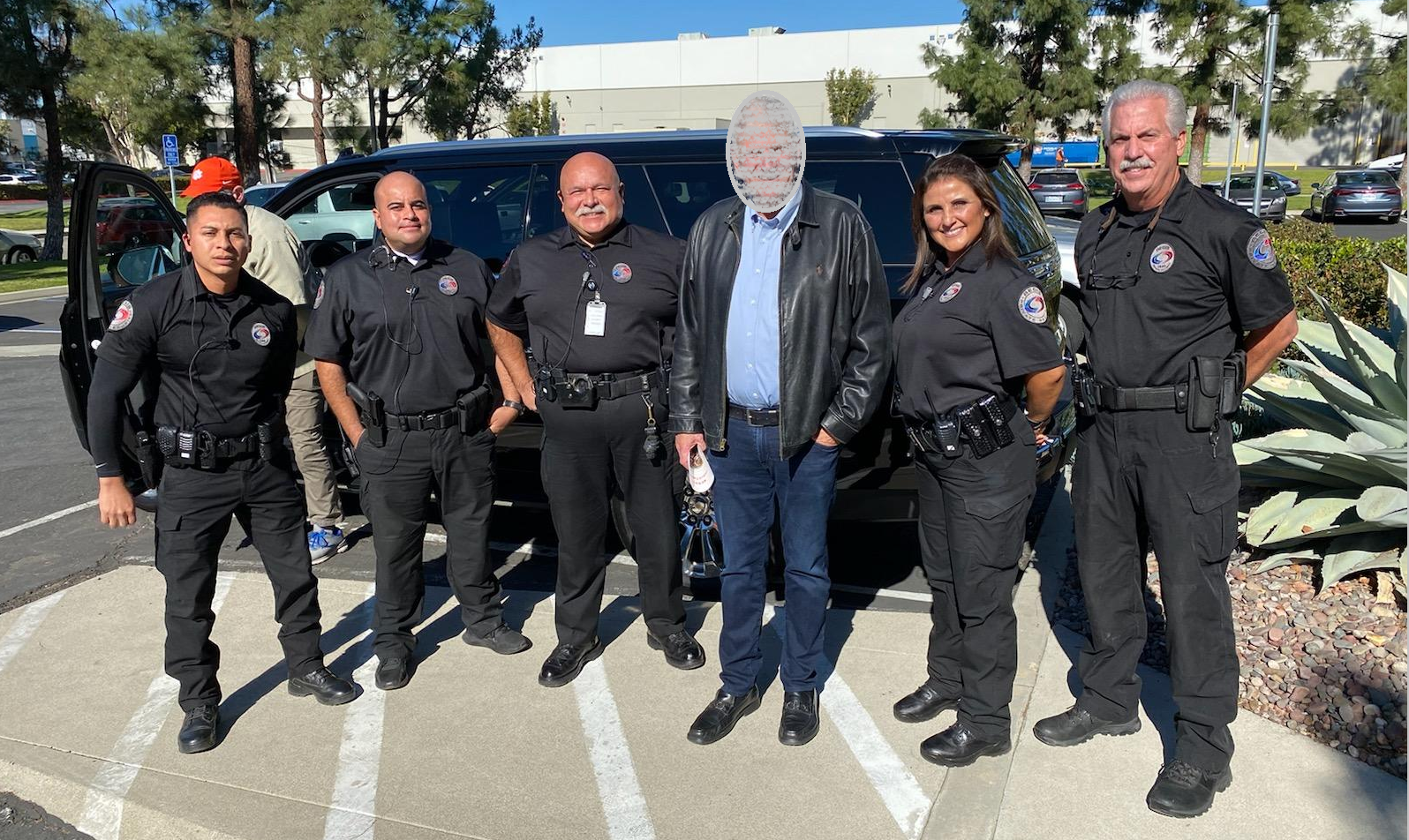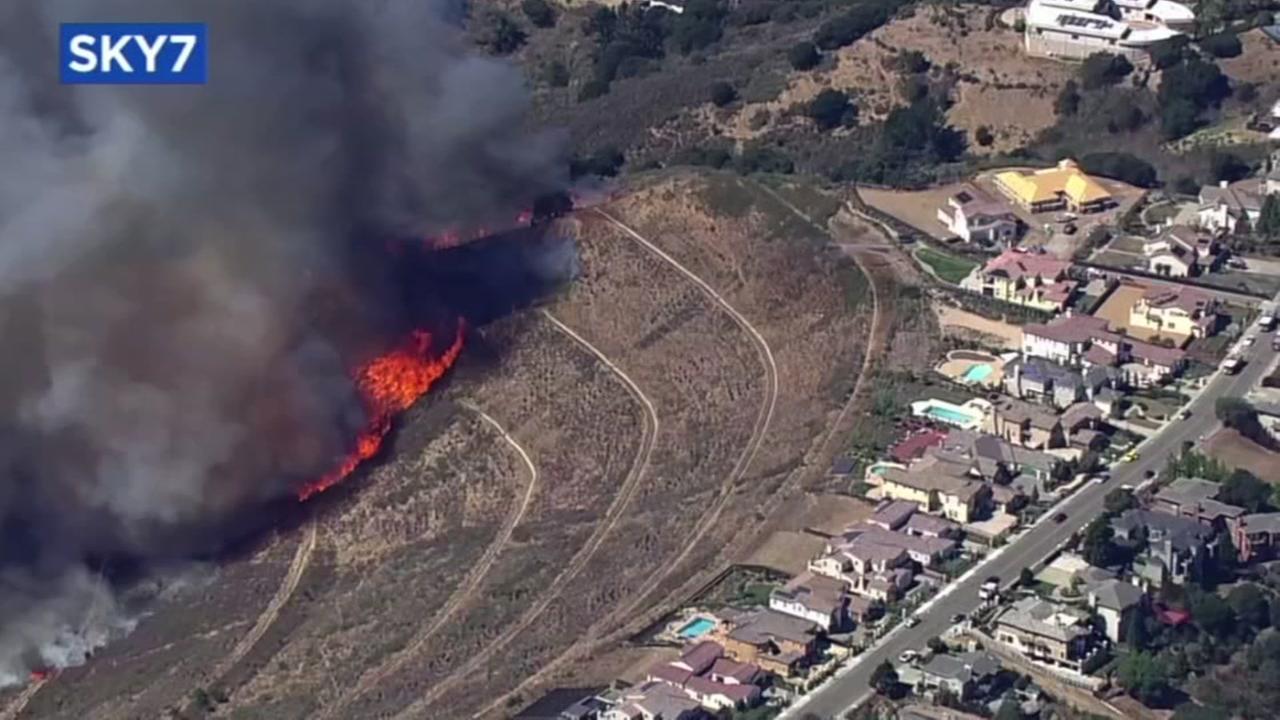The FIFA World Cup is just around the corner with the world’s top soccer teams competing in Kaliningrad, Russia. From June 14 to July 15, the town will be filled with international fans, which means it will also be facing a flood of security threats.
AEGIS Security & Investigations, Inc., based in Los Angeles, provides consultation on large event and terror prevention as well as employs event security officers across the county. We are highly familiar with the threats involved in event planning and implementation, and we have a few takes on what Kaliningrad should be doing to ensure the safety of players and fans.
Russia has already stepped up their preventive security measures to address crowd control and crowd monitoring through surveillance equipment. These issues have caught the attention of the Kremlin and are matters that all major event planners should think about and plan for to ensure the safety of all in attendance.
Security and contingency related to security is critical. If there is one thing the city planners and World Cup committees should focus on early in the development stages, it is security.
AEGIS starts every client plan with a series of questions to determine what security considerations are critical, incidental, and cautionary or preventative. Elements that are critical are those that venues incur by hosting events, such as the need for crowd control, person and bag screening to remove prohibited items, and. Incidental elements are those that often arise and may occur on site, such as conflicts that require de-escalation of force — a trained security officer could handle these with his training whereas an untrained bystander might make things worse. Elements that are preventative would be issues that impact the event and its guests directly, such as clear threats to their safety (e.g., bombings, active shooters, use of other weapons).
These are the big questions we think should be asked for any large-scale, multi-day event:
- What security issues have come up in the past, and how were they handled?
- What type of security will be needed at each event, and why?
- Who will comprise our security team for each level of protection required?
- What are the biggest threats trying to be prevented?
- Who and how will incidents, such as those threats, be handled?
- What will the overall security plan look like for the city?
Once those questions are answered, planners will have a clear picture of who to employ, how to train security personnel (beyond current training, at least), how to deploy forces in safety emergencies, and what the worst-case scenario could be along with a series of preventative measures.
Crowd and traffic control
Any large-scale event is bound to attract the masses, which is why we have “event security” as a specific area of the industry. With events that attract these big groups, managing the ingress and egress of people in a single location or between locations is critical.
The South Korean Olympics had at least 100,000 spectators alone. The World Cup may see similar numbers during the month-long event. Management of these crowds will be needed on multiple levels, including controlled access to venues, body and bag searches, and ticket/pass checks. Additionally, security personnel will need to ensure that emergency situations, such as medical emergencies, immediate threats and fights, are addressed swiftly and effectively.
Venue control for bag checks, person checks and ticket checks will be necessary to ensure that everyone is in compliance with the event rules and to reduce the risk of immediate threats, such as deadly assaults and terror attacks. This can be handled by large teams of security personnel that should include law enforcement officers, drug-sniffing canine units and trained private security officers.
Safety of venues
As discussed in terms of crowd control, venues will need to be secured for the ingress and egress of people. Checking individuals for banned items, such as weapons, drugs and alcohol, can greatly increase the safety of a venue in use. However, this isn’t the only time a venue needs to be secured.
Venues will need to be guarded 24/7 to deter vandalism and trespassing. Having physical, visible security officers will act as a deterrent to criminals because it communicates to potential violators that any action they do will be prevented, recorded and taken to the police. Having security officers on property ensures that a response can take place immediately in the case of a trespasser. Prevention of these security breaks is critical for large-scale events like the World Cup.
Terror threats
Being based in Los Angeles, we know large cities encounter terror threats on a somewhat regular basis whether it is from a school shooting to a localized bomb threat to grand gestures from a terrorist group on their media pages. With terror incidents on the rise, including a string of terrorist attacks in Europe just last year, Americans continue to question when the next 9/11 will hit our nation. In fact, terrorism tops off our nation’s list worries, superseding local crime, healthcare, and unemployment woes. There is a lot in place at the federal level: the FBI’s National Joint Terrorism Task Force operates and manages more than 100 local teams around the nation, allowing private and public sector agencies to share information to counter terrorism; the Department of Homeland Security is devoted to preventing terrorist activities; and we have a National Counterterrorism Center that is teamed up with nearly all federal departments to prevent terrorist activities.
Even with all of these agencies working to protect the public, we have a tendency to work ourselves into a frenzy of questions and anxiety about when we will be directly impacted. While this is a natural reaction, we need to take steps to learn how to react effectively in a terrorist situation so as to protect ourselves and others. More importantly, we need to ensure our event staff are trained and ready to react in any situation.
Threat management is activity directed toward locating, assessing, evaluating, measuring viability and, ultimately, mitigating threats to an acceptable level. In some cases, the threats may be dismissed due to inability to execute. In other cases, threats may escalate preventative measures to include fortified infrastructure, increased staffing and adjustment of plans. Threats can come from client activity, associates, accidents, natural causes, human error and intentional acts such as terror attacks.
Preventative measures through threat management services can make the difference response capability and the outcome of the execution of a threat.
AEGIS Security & Investigations provides threat management services across a broad spectrum of clients. These clients can range from celebrities and VIPs, to corporate, educational, industrial, and institutional. There are numerous factors to consider before any analysis begins including the actual, perceived, and likelihood of specific threats.
AEGIS conducts thorough protective intelligence investigations of all factors relevant to assessing vulnerabilities and potential threats. Analysis includes reviews of:
- Near real time social media keyword tracking
- Near real time review of secondary potential sources of risk
- Near real time geo-political event tracking
- Near real time current events consideration
- Pre-travel advance and contingency planning
After identifying threats, AEGIS security consultants will recommend specific instructions to mitigate threats to the extent possible. We will assist through all levels of implementation if required.
Immediate value is benefited from a reduction in risk or liability, lost materials, excessive labor, maximizing efficiency and a possible reduction in general liability and workers compensation insurance premiums. Indirect value comes for preventing injury or property damage resulting from an incident that could be valued in the tens of millions of dollars.
Upon the conclusion, our firm is capable of facilitating additional processes required to complete the security program including sourcing, staffing, plan development, and managing improvements. Our cross functional analysis and end-to-end support differentiates from other firms by allowing us to manage the entire process from inception through full scale deployment and operation, all while supporting core business strategies of high ROI, open communication, and efficiency.
AEGIS Security & Investigations is a Los Angeles region company that is licensed and insured in the State of California to provide high-end armed and unarmed regular and temporary off-duty police officers, bodyguards, security officers, loss prevention agents, and event staff. Additionally, we offer services for private investigation, consultation, people tracing, and background investigation. Our trainings and workshops in the field of security licensure and counter-terrorism have been featured in news media and are renowned for their efficacy. For more information or to contact us, visitwww.aegis.com.





